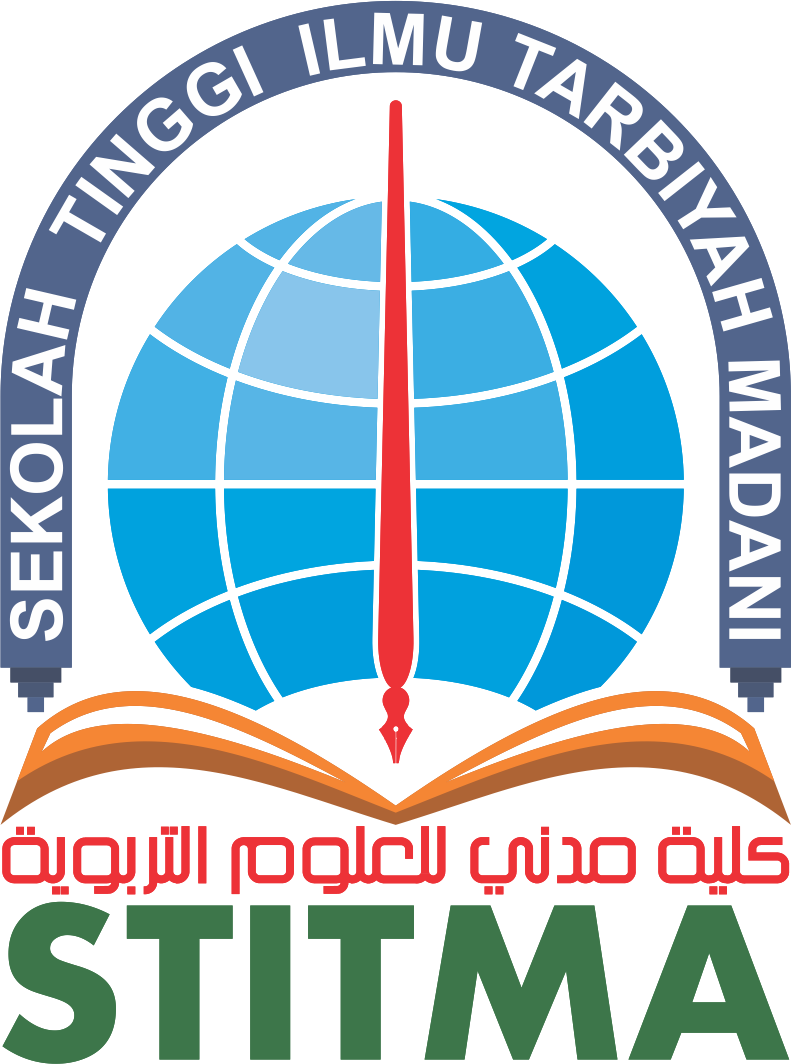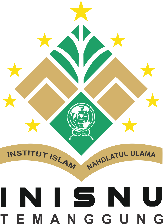Publication Ethics
The International Journal of Post Axial is committed to maintaining the highest ethical standards for all parties involved in the act of publishing in a peer-reviewed journal- the author, the editor of the journal, the peer reviewer and the publisher. The International Journal of Post Axial publishing ethics are based on Best Practice Guidelines for Journal Editors and Conduct for Journal Publishers practiced by Committee on Publication Ethics (COPE).
Editor Responsibilities
Accountability:
As the International Journal of Post Axial is committed to building a respected and reliable network of knowledge by ensuring quality publications, the editor(s) or chief editor(s) and editorial board of this peer-reviewed journal are accountable for selecting the articles to be published. The editor(s) may be guided by the policies of the journal’s editorial board and constrained by legal requirements as shall then be in force regarding libel, copyright infringement and plagiarism. The editor(s) are responsible for selecting the reviewers for the reviewing process and may confer with other editorial board members or reviewers when making the decision to accept or reject manuscripts. Clear instructions must be given to the potential contributors on the submission and review process.
Fair play: The editor(s) should evaluate the intellectual content of the manuscripts for without regard to race, gender, sexual orientation, religious belief, ethnic origin, citizenship, or political philosophy of the authors.
Confidentiality: The editor(s) and any editorial staff must not disclose any information about a submitted manuscript to anyone other than the corresponding author, reviewers, potential reviewers, other editorial advisers, and the publisher, as appropriate.
Disclosure and conflicts of interest: Privileged information or ideas obtained through peer review must be kept confidential and not used for personal advantage. Reviewers should not consider manuscripts in which they have conflicts of interest resulting from competitive, collaborative, or other relationships or connections with any of the authors, companies, or institutions connected to the papers. Editor(s) must not use any unpublished materials disclosed in a submitted manuscript in their own research without written consent from the author(s).
Reviewer Responsibilities:
- Reviewers must adhere to the timeframe given by the editor(s) for completing the reviews. Requests for extension to review the manuscripts are at the discretion of the editor(s).
- Reviewers must notify POST AXIAL of any conflicts of interest resulting from competitive, collaborative, or other relationships or connections with any of the authors, companies, or institutions connected to the papers.
- Reviewers must keep information pertaining to the manuscript confidential and not used for personal advantage.
- Reviewers must not discuss their views with others unless authorized by the editor(s).
- Reviewers must bring to the editor(s’) attention any information that may be reason to reject publication of a manuscript.
- Reviewers should identify relevant published work that has not been cited by the authors. This include any statement that an observation, derivation, or argument had been previously reported should be accompanied by the relevant citation.
- Reviewers should alert the editor(s) of any substantial similarity or overlap between the manuscript under consideration and any other published paper of which they have personal knowledge.
- Reviewers must evaluate manuscripts only for their intellectual content.
- Reviewers assists the editor(s) in the editorial decisions and through editorial communications with the author(s), may assist in the improvement of the paper.
- Reviewers should be objective in their reviews and express their views clearly with supporting arguments. Personal criticisms should be avoided.
- Reviewers who feel unqualified to review the manuscript or cannot revert to the editors with prompt reviews should notify the editor(s) to be relieved of the review duties.
Author Responsibilities
Reporting standards: Authors should present their results clearly, honestly, and without fabrication, falsification or inappropriate data manipulation. Authors should describe their methods clearly and unambiguously so that their findings can be confirmed or replicated by others.
Originality, plagiarism and acknowledgement of sources: Authors should adhere to publication requirements that submitted work is original, is not plagiarized, and has not been published elsewhere. Authors are only allowed to publish their manuscript elsewhere after receiving a formal rejection from the editor(s) or if their request to withdraw their work is accepted by POST AXIAL in written reply. Any fraudulent or knowingly inaccurate statements constitute unethical behaviour and are unacceptable. If an author has used the work and/or words of others, that this original is been appropriately cited or quoted and accurately reflects individuals’ contributions to the work and its reporting. Appropriate software may be used to check for similarities with existing literature and must be reported as it is when submitting the manuscript.
Data Access and Retention: Authors may be asked to provide the raw data in connection with a paper for editorial review and should in any event be prepared to retain such data for a reasonable time after publication.
Ethics: Authors should only submit papers only on work that has been conducted in an ethical and responsible manner and that complies with all relevant legislation.
Disclosure and Conflicts of Interest: All authors should disclose in their manuscript any financial or other substantive conflict of interest that might be construed to influence the results or interpretation of their manuscript. All sources of financial support for the project should be disclosed.
Authorship of the Paper: Authorship should be limited to those who have made a significant contribution to the conception, design, execution, or interpretation of the reported study. All those who have made significant contributions should be listed as co-authors. Where there are others who have participated in certain substantive aspects of the research project, they should be acknowledged or listed as contributors. The corresponding author should ensure that all appropriate co-authors and no inappropriate co-authors are included on the paper, and that all co-authors have seen and approved the final version of the paper and have agreed to its submission for publication.
Multiple, Redundant or Concurrent Publication: An author should not in general publish manuscripts describing essentially the same research in more than one journal or primary publication. Submitting the same manuscript to more than one journal concurrently constitutes unethical publishing behaviour and is unacceptable.
Fundamental errors in published works: When an author discovers a significant error or inaccuracy in his/her own published work, it is the author’s obligation to promptly notify the journal editor or publisher and cooperate with the editor to retract or correct the paper.
Hazards and Human or Animal Subjects: If the work involves chemicals, procedures or equipment that have any unusual inherent in their use, the author must clearly identify these in the manuscript.





